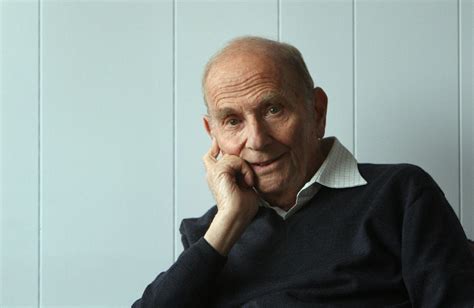A Quote by Cass Sunstein
Employers, like most people, tend to trust their intuitions. But when employers decide whom to hire, they trust those intuitions far more than they should.
Related Quotes
Some good employers provide people benefits. Many do not. The ones that do not tend to be the low end of the pay scale. This program will give those employers a way to support their employees. The employees will get this benefit, making it more likely that their employee will come back to them - that's a benefit for the employer over the long term and a benefit for the employee and all the while supporting families in their time of need.
Trust is a fragile thing. Once earned, it affords us tremendous freedom. But once trust is lost, it can be impossible to recover. Of course the truth is, we never know who we can trust. Those we're closest to can betray us, and total strangers can come to our rescue. In the end, most people decide to trust only themselves. It really is the simplest way to keep from getting burned.
When the trust is high, you get the trust dividend. Investors invest in brands people trust. Consumers buy more from companies they trust, they spend more with companies they trust, they recommend companies they trust, and they give companies they trust the benefit of the doubt when things go wrong.
And so, through all the thick mists of the dim doubts in my mind, divine intuitions now and then shoot, enkindling my fog with a heavenly ray. And for this I thank God; for all have doubts; many deny; but doubts or denials, few along with them, have intuitions. Doubts of all things earthly, and intuitions of some things heavenly; this combination makes neither believer nor infidel, but makes a man who regards them both with equal eye.
Many men who do creditable things refuse to let it be known. This is a mistake. While we all admire modesty, nevertheless there is a great national need to do everything possible to bring home to the rank and file of the people that all employers and all wealthy men are not grinding, mercenary, selfish skinflints, but that many of them take delight in doing helpful things for others ... Shortcomings of employers are constantly paraded. Why not let the public become acquainted with the better side which most present-day employers possess?




































